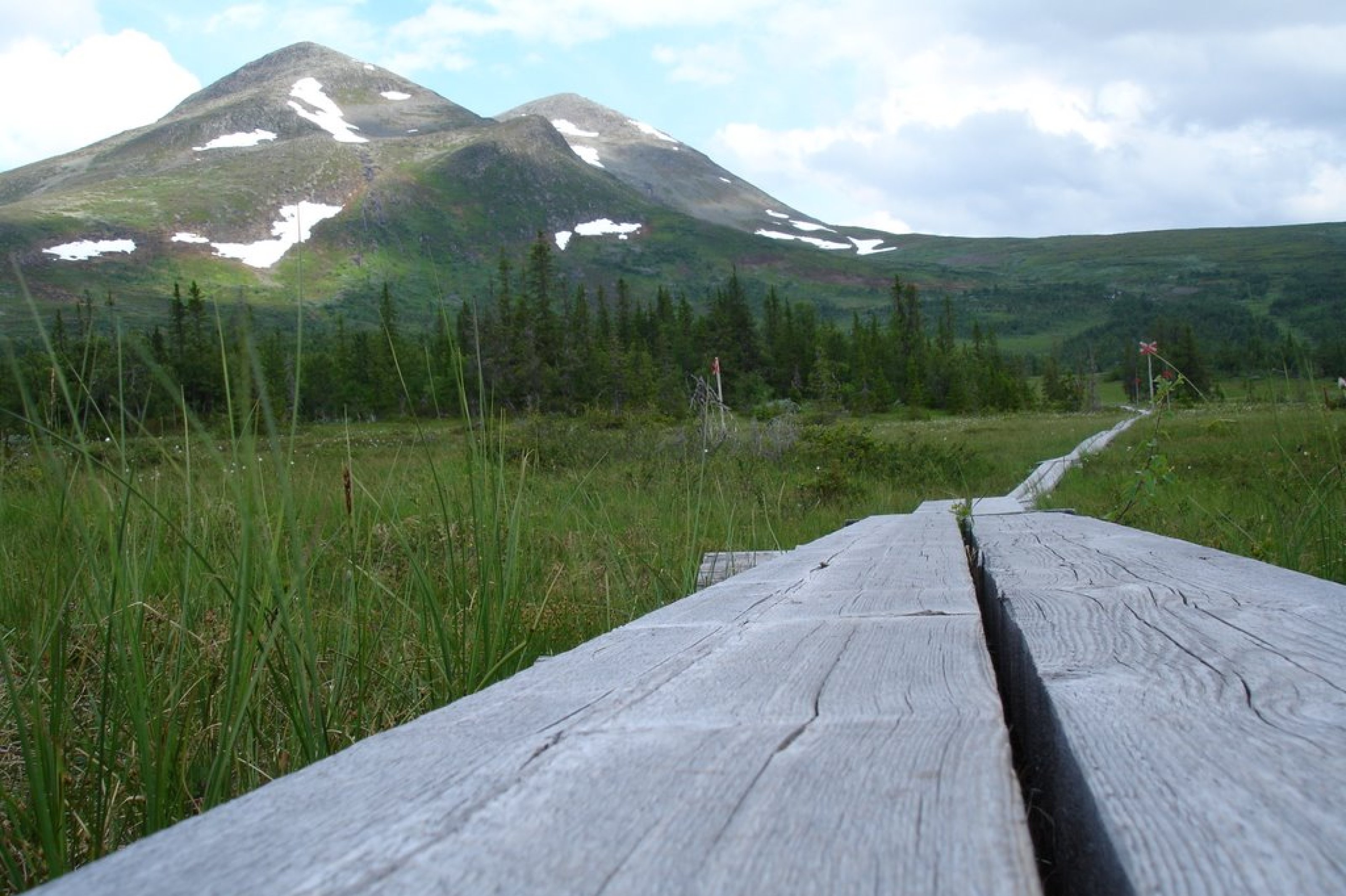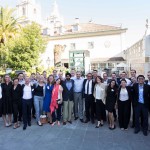We are on course to transition from a dying culture, which has focused on the ego and not the eco; a mind-set that implies material over-consumption – a culture that German sociologist Ulrich Beck described as ‘organised irresponsibility’. But in the midst of our crisis we are sensing a new reality we’re not yet familiar with.
In this reality, we are linked together in the search for the kind of societies we truly want. Slowly we are changing the origin of our actions while realising a more eco and less ego version of reality. This future is lush, and prosperous for both planet and humanity, and sensing this future must be at the core of today’s leadership if we are to have any chance of realising it.
There was a time when the new economy – the liberal economy – was implemented to secure a better life for societies and their people. But our current economic system, based on selfish beliefs and the ego’s greed for more consumption, is out-dated and fails to serve the prosperity of planet and people, in turn preventing the transition to sustainability.
Fortunately, we have a couple of options. Either we use economists and engineers to give our current situation first-aid or we co-create the future we actually want. The responsibility lies in our minds and pens.
But before you go ahead and call me a socialist, I’ll let you in on a secret about my generation:
A world on the edge of change
My generation grew up asking ‘what if?’; two innocent sounding words that, when combined, have the power to haunt you for the rest of your life. And these two little words are haunting us because we are currently dealing with an older and very powerful generation who grew up in a very different paradigm, where those who cared for the environment were “hippies” or “Commies”, and those who had ambitions of doing well for themselves were slaves to the neo- capitalism that is now wrecking our societies. But when we’re insisting on operating within old paradigms – despite the fear of letting go of the well known – the door to new standards and ideas will never be truly open.
Here is the deal: today we are a generation of young adults who, despite our varying political views, see environmental health as crucial to our future – because our survival depends on it. A generation that’s been breastfed technological innovation and complexity theories at universities, and we are reaching out to those who haven’t, through connected webs all over the world, in hopes of change.
The world is shifting towards a cooperative future: oilrigs are slowly introducing water-turbines to serve the platform because it’s cheaper; India is about to make crucial decisions on its transportation infrastructures, hopefully investing in the future by going electric; hundreds of thousands of jobs have moved from brown to green industries because, through changing our mind-sets, we have incentivised our industries to implement green solutions.
What if?
Essentially, we won’t be able to transition to a sustainable future and to sustainable societies unless we challenge our current ideals and fashions. And when fear of the new and different steers us towards a ‘no, because’, we must be brave enough to ask ‘yes, but what if?’:
What if we dared make huge economic incentives for running sustainable businesses only?
Prosperity and environmental health are not opposites. Money is not the issue; it is what you do with it. Producing sustainable goods should be rewarded through tax reliefs and other benefits for the company.
What if we invested in all the revolutionary inventions we have seen through the last decades?
There are a lot of business opportunities that would serve both people and planet, but very little courage among politicians to go fast. Politics have been the motivation of change through all times, but this time of biological crisis is not the time for anti-science beliefs or procrastination as there is so much progress showing us what we can achieve. Are we really going to encourage innovation if we aren’t going to implement when it really matters?
What if we dared to revolutionise our school systems and teach sustainability, complexity and interconnectedness to eliminate eco illiteracy?
Catch them young, as they say! How are we ever going to relate to nature if we are never experiencing it? A circular and sustainable society requires a matching education.
What if we dared to change the grammar from ‘we will do’ to ‘we are doing’?
Language says a lot about a person or a culture. Day after day we hear politicians say, ‘We will’, or ‘Our intention is’. Listen: there’s no sustainability Fairy Godmother coming to help us. And while there are a lot of political and economic interests hoping for Paris 2015 to fail like Seattle, Rio, Copenhagen, and Lima, I can’t imagine future generations having the same perspective when they look back on green business opportunities that were passed up.
What if operational honesty, transparency and empathy were mandatory for any political or financial organisation?
Those of you who are uncomfortable with soft words may read ‘CSR’ or ‘SSR’ (‘Corporate Social Responsibility’ and ‘State Social Responsibility’). Today’s economic systems are based on the idea that we are selfish beings acting to maximise our value. But in a world heading towards co-creation, crowdsourcing and circular economies we must find more realistic business models to live by. Even this year’s World Economic Forum in Davos focused on new economic models accommodating human’s complex nature.
What if?
First published on The Performance Theater’s Inspired Leadership Award site. Find out more about the award and The Performance Theatre here and here.
Twitter: @KajsaPaludan.

